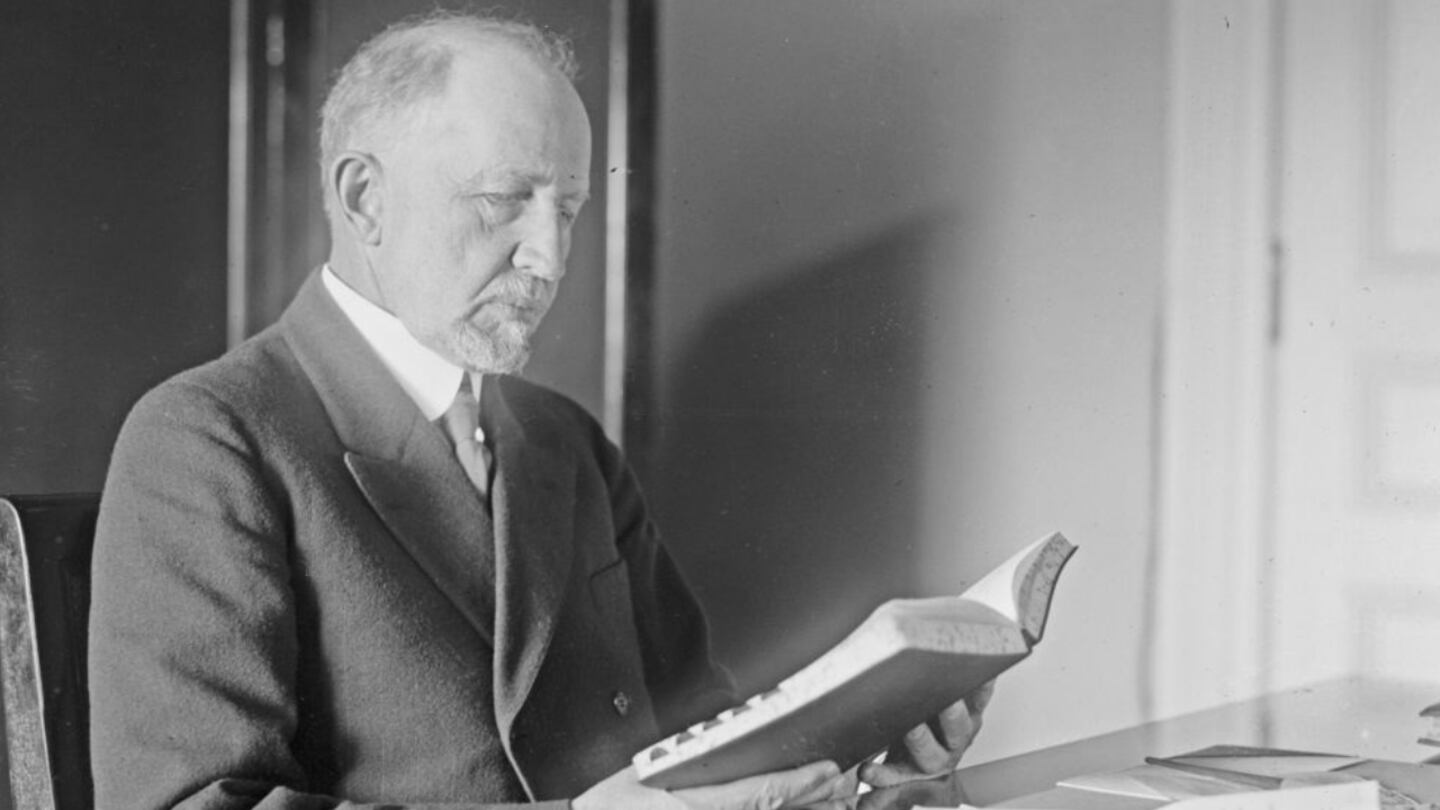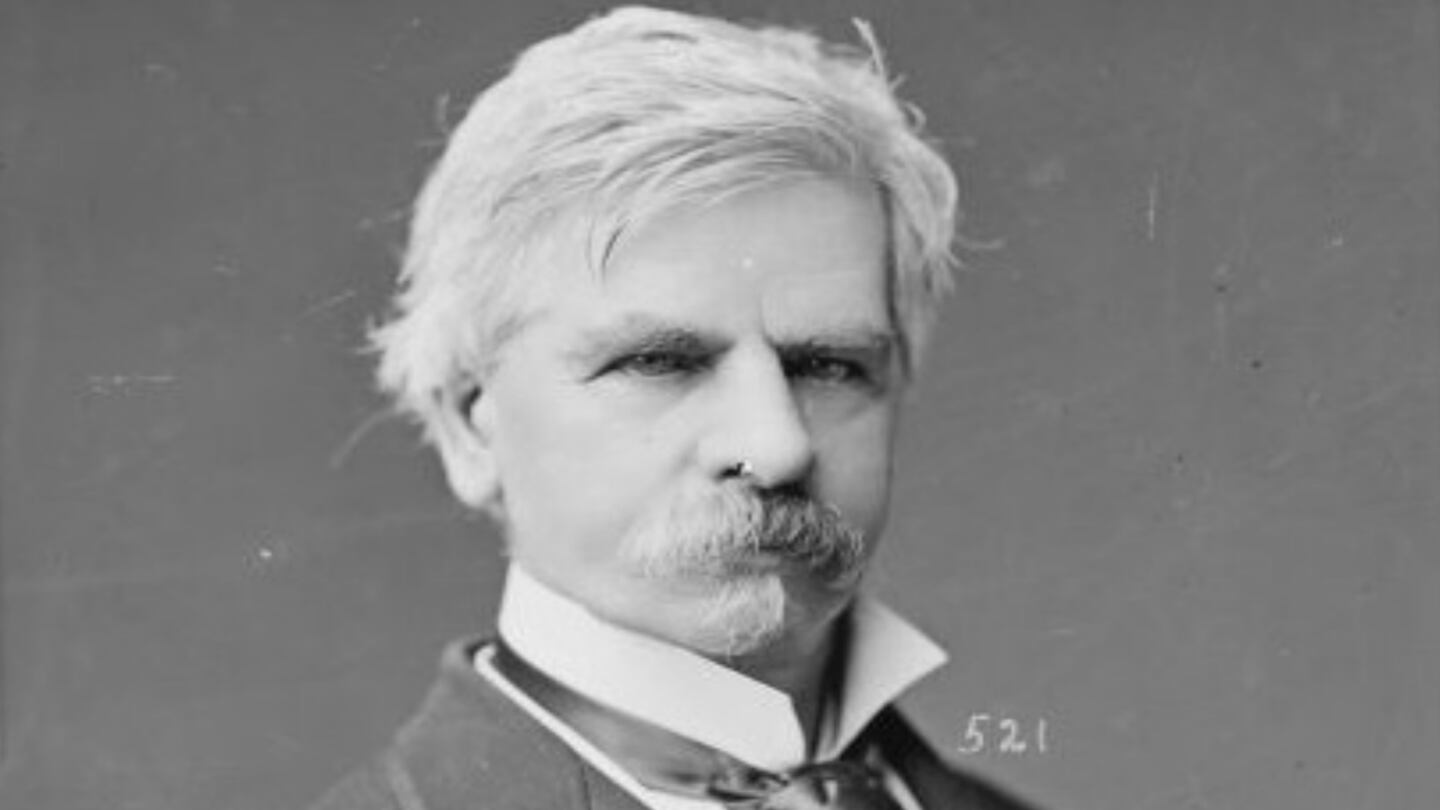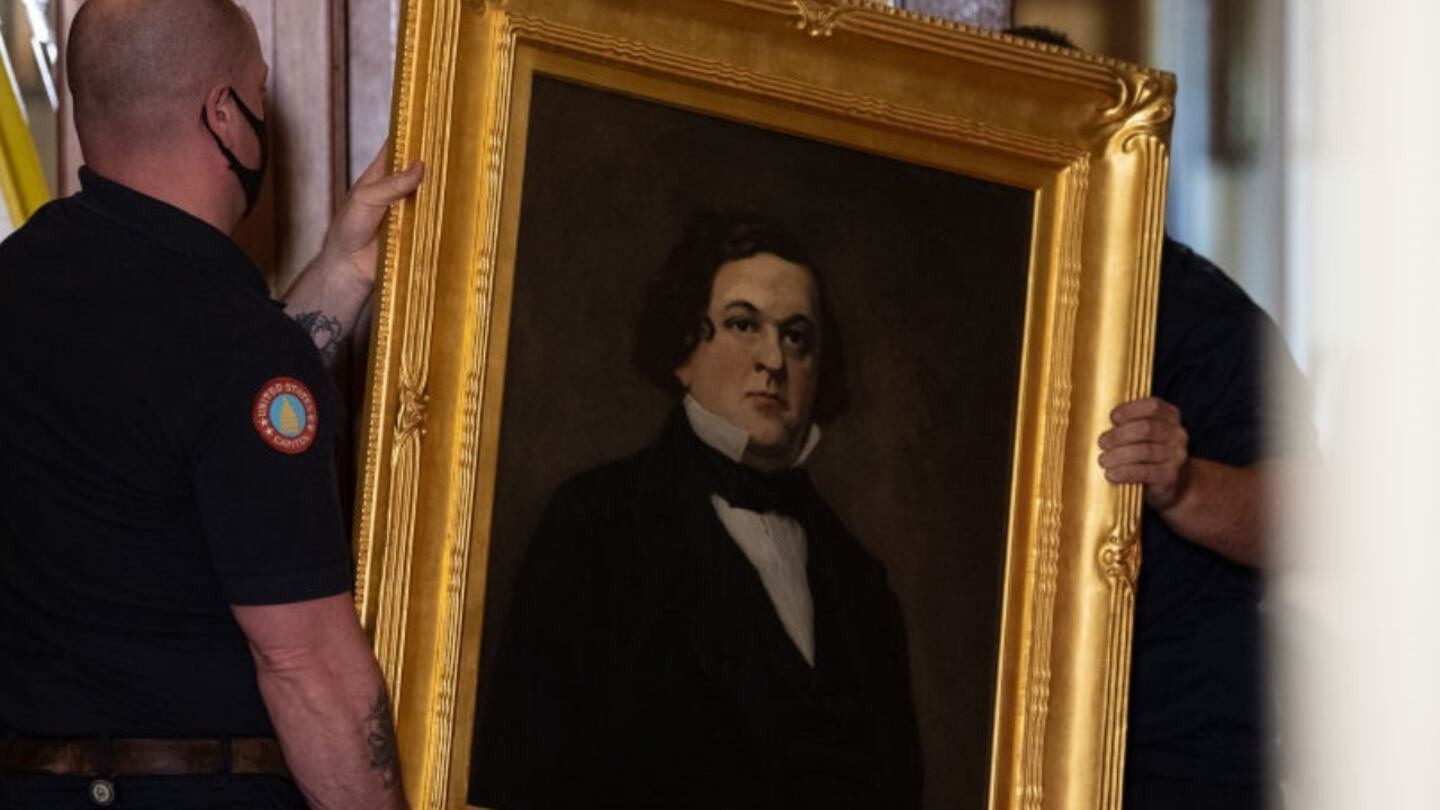WASHINGTON — Nancy Pelosi will step down as Speaker of the House when the 118th Congress convenes this week. Who she hands the gavel to remains a question that may not be answered quickly.
Choosing a new speaker is the first order of business for the new Congress on Tuesday.
Lawmakers will meet on the House floor, and leaders from each party will nominate a candidate. Republicans will nominate Kevin McCarthy of California, while Democrats are expected to tap New York Rep. Hakeem Jeffries, the incoming House minority leader, according to The New York Times.
McCarthy is the odds-on favorite to take the speaker’s chair, but for the first time in a century, the ruling party in the House is facing a real fight from within its ranks.
If Rep. Kevin McCarthy is unable to put down a rebellion among a group of hard-right lawmakers before the election of the House speaker on Tuesday, the result could be a whirl of chaos not seen on the House floor in a century. https://t.co/FOaMHOysjs
— NYT Politics (@nytpolitics) December 30, 2022
Republicans regained control of the House by a narrow margin in November’s midterm elections and will hold a 222-212 edge. That includes one vacancy due to the Nov. 28 death of Virginia Democrat Donald McEachin weeks after his re-election, according to The Associated Press. A special election will be held in February to fill his seat.
Meanwhile, the GOP’s slim majority has empowered several far-right representatives to attempt to block McCarthy’s bid for speaker, CNN reported. Those members want to reinstate a measure, called a motion to vacate the chair, that allows any representative to call for a vote to remove the speaker at any time. McCarthy has spent the past week in negotiations with dissenters, the cable news organization reported.
McCarthy already won the GOP caucus vote to become the House leader, defeating Arizona Rep. Andy Biggs by a 188-31 margin. But that puts McCarthy in a tough spot if those Republicans who voted against him remain firm in their opposition.
McCarthy needs 218 votes — a majority of the 435-member House — to become speaker. Or does he? The rules of the House offer some loopholes that could benefit McCarthy.
Congressional Research Service notes that a candidate can win the speaker’s chair by receiving a majority of the votes cast while failing to obtain a majority of the full membership. That can happen if there are representatives who are absent when the vote is taken or answer “present” during the roll call. Then, the number drops from 218, according to The Washington Post.
Pelosi was elected Speaker in 2021 with 216 votes because of vacancies and absences, according to The Hill. Only 427 votes were cast for named individuals, meaning Pelosi needed 214 votes to be elected speaker, the Post reported. She made it with two votes to spare.
John Boehner also collected 216 votes to win the speakership in January 2015, when 25 members did not vote. Many were attending the funeral of former New York Gov. Mario Cuomo that day, according to The Hill.
Because there will be no speaker when Congress convenes on Tuesday, Cheryl L. Johnson, the clerk of the House, will call the roll and make rulings from the chair, Politico reported. House members can appeal and overturn Johnson’s ruling, according to the website.
Here is a look at some of the scenarios that could play out on Tuesday.
Multiple ballots
This might be the most likely scenario but it has been rare.
In the past century, no vote for speaker has taken more than one ballot. Since the House began electing a new speaker in 1789, there have been only 14 times when multiple ballots were required, according to Congressional Research Service.
The last instance occurred in 1923, when Republican Frederick H. Gillett of Massachusetts was re-elected speaker on the ninth ballot, according to House archives. On Dec. 5, 1923, International News Service reported that Gillett received 215 votes out of 414 ballots cast. Finis James Garrett, a Democrat from Tennessee, was the runner-up on the final ballot with 197 votes.
Gillett won the right to hold the gavel for the 68th Congress after party leaders accepted several procedural reforms wanted by the Progressive wing of the Republican Party.
“The Democrats jeered at the proceedings,” according to the INS report.
If this year’s vote goes to a second ballot, members may still vote for any individual, according to Congressional Research Service. No restrictions have ever been imposed, such as the dropping of a candidate with the fewest votes or the introduction of a new candidate.
Someone outside the House
Every speaker in U.S. history has been a member of the House. But the legislative body’s rules do not require the speaker to be a sitting, elected member of the House, according to Article I, Section II of the Constitution. Through the years, non-House member candidates nominated have included former Secretary of State Colin Powell, Georgia politician Stacey Abrams and Sen. Rand Paul, R-Kentucky.
Conservative Republicans in 2014 floated the name of Ben Carson, who later became Secretary of Housing and Urban Development, as an alternative to Boehner. That candidacy never got past the talking stage.
In the election for speaker in 2019, then-former Vice President Joe Biden received a vote despite never serving in the House, the Post reported. Anthony Brindisi, a Democrat from New York, cast the ballot for Biden and it was duly recorded, according to the newspaper.
Shortly after the 2022 midterms in November, Jamie Raskin, a Democrat from Maryland, suggested on “Face the Nation” that a faction of Republicans could nominate former President Donald Trump as speaker.
The following week, Trump announced his intention to run for re-election. He also endorsed McCarthy for speaker in mid-December, CNN reported.
Plurality vote
If the vote drags on for several roll calls with McCarthy in the lead but not with enough votes for a majority, the House could agree to adopt a resolution naming a speaker by a plurality vote, The Hill reported.
However, that scenario would require support from Democratic members of the House. It is unclear whether they would support such a resolution.
There is precedent for a speaker elected by a plurality vote, but it has not happened since 1856. That was when Congress elected Nathaniel P. Banks of Massachusetts on the 133rd ballot, according to House archives. It took two months for Banks to finally secure the position to lead the 34th Congress, according to The Hill. He pulled in 103 votes, while William Aiken of South Carolina had 100, according to the New York Daily Tribune.
For the first time in exactly 100 years, the U.S. House of Representatives may need more than one round of voting to elect a speaker when the new Congress convenes on Tuesday. https://t.co/jBLvr0awXn
— The Washington Post (@washingtonpost) December 30, 2022
Democrats controlled the Senate, but no party controlled the House after the Whig Party fizzled out, the Post reported. About a third of House members were Democrats. The remaining members were split among several parties, including the newly formed Republican Party, according to the newspaper.
Banks was a member of the American Party (also known as the “Know Nothing” Party), but he was previously a Democrat and later would become a Republican during his successful run to win the Massachusetts gubernatorial race in 1857.
The House’s abolitionist faction lined up behind Banks in an election the New York Tribune called “a long and arduous struggle which is to determine whether slavery will be the pole star of our National career.”
“The great battle is over at last,” the Times-Picayune of New Orleans reported on Feb. 3, 1856, the day after the final vote was taken.
In 1849, Howell Cobb of Georgia was elected Speaker by a plurality vote after 53 ballots, according to House archives.
“The long agony is at last over!” read a letter to the editor of the York Gazette on Dec. 25, 1849.
Still, Cobb confessed he was red-faced by the contentiousness of his election.
“It would be useless to disguise the fact that I feel deeply embarrassed in taking this chair under the circumstances attending my election,” Cobb said in his first address as Speaker. “I am conscious of the difficulties by which this position is surrounded at this time.”
Bipartisan compromise candidate
This is the least likely scenario, one in which Democrats and moderate Republicans would work together to elect a compromise candidate.
According to The Hill, the last time a majority party failed to elect a speaker was in 1839. Democrats were in the majority, but infighting led to the election of Whig Rep. Robert Mercer Taliaferro Hunter of Virginia with bipartisan support. Hunter was elected on the 11th ballot with 119 votes out of 232 cast, according to the National Intelligencer. John Winston Jones, a Democrat from Virginia, was runner-up with 55 votes.
“Accident, necessity and political caprice elevated Mr. Hunter to the Speaker’s chair,” The Sun of Baltimore reported in December 1839 upon Hunter’s election.
McCarthy is elected
Despite the opposition and posturing, there is a good chance McCarthy will win election as Speaker of the House.
Representatives opposing McCarthy could vote against him on the first ballot as a statement and then vote “present” in the second roll call. That would ensure McCarthy’s election without the dissenters voting for him.
The Wall Street Journal’s editorial board wrote in mid-December that the anti-McCarthy faction does not have any major policy differences “or a plausible alternative candidate” for speaker.
“(Biggs) and his rump group also don’t seem to have any constructive reason to oppose Mr. McCarthy beyond a desire to grab the media spotlight or blow everything up,” the newspaper wrote. “The GOP dysfunction since Election Day won’t matter if it teaches Republicans that their only chance of influencing policy is to stay united. On the evidence so far, however, Republicans are the gang that couldn’t shoot straight -- except at one another.”
Information from newspaper archives was used in compiling this report.
©2022 Cox Media Group








